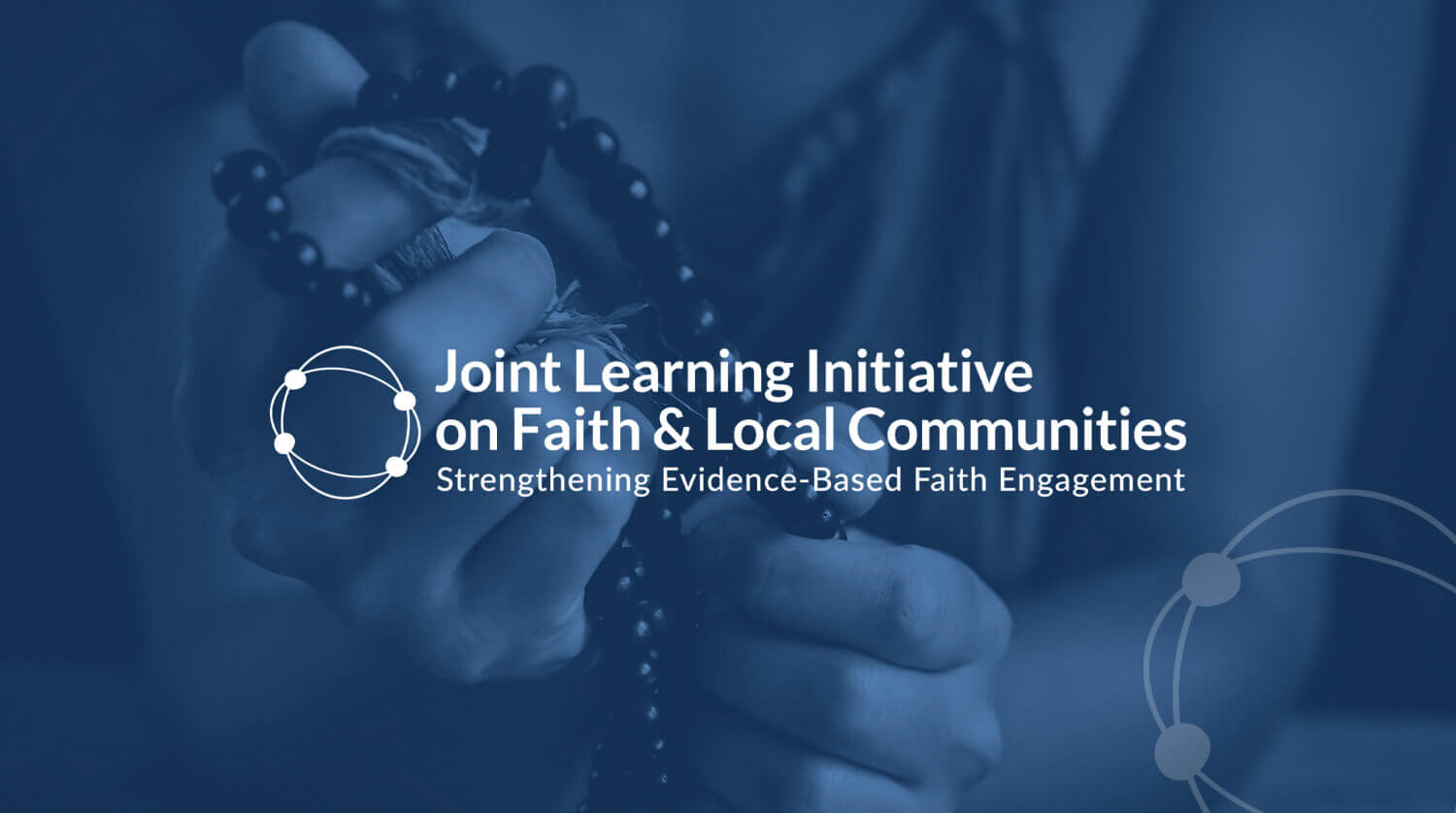On December 11th, the JLI GBV Hub held a Webinar Discussion on the endline results from 3 year intervention in the DRC: Tearfund and HEAL Africa’s ”Engaging with faith groups to prevent VAWG in conflict-affected communities”
Speakers:
- Elena Bezzolato is Programme Coordinator for SGBV in humanitarian contexts at Tearfund and has been coordinating the last 12 months of project implementation together with Tearfund’s DRC team and the local partner HEAL Africa.
- Dr Elisabet le Roux is Research Director in the Unit for Religion and Development Research, at Stellenbosch University, South Africa, and has been leading the research component for this project.
About the project:
Tearfund’s project, ‘Engaging with Faith Groups to Prevent Violence Against Women and Girls in Conflict-affected Communities’ was funded by UK aid from the UK government, under the What Works to Prevent Violence Against Women and Girls? Global Programme.
In this project, Tearfund worked with local partner HEAL Africa in remote and conflict-affected communities in the Ituri province of the DRC. The aim of the intervention was to mobilise, train and equip faith leaders to become catalysts within their own communities, in order to address the underlying root causes of VAWG from a faith perspective.
The endline community survey was conducted in November and December of 2017, and the final reports, articles and policy briefs are being launched during 16 Days. This webinar will focus on the results from the endline evaluation, with a brief overview of the content of the 29-months intervention. Among other things, the evaluation found:
- a significant decline in all aspects of IPV at endline
- significantly more equitable gender attitudes at endline
- significant improvement in attitudes towards IPV
- and that positive attitude change was not limited to those actively engaged within faith communities

Get involved: see the GBV Hub homepage






